From the postcard-perfect Coral Bay to the hidden beauty of Secret Cove, these spots promise stunning photos and unforgettable views.
GVI
Posted: August 29, 2024

GVI
Posted: April 22, 2022
Seychelles. A sprawling archipelago of 115 islands surrounded by white sand beaches, and topaz waters suffused with incredible bird, plant and marine life. It’s known to be beautiful. But what more does this archipelago have to offer?
Read ahead to see our favourite unique Seychelles facts you may not have known about.
Bordered on one side by steep mountain slopes, Seychelles’ capital city of Victoria is made up of just two dozen streets and has only two sets of traffic lights!
Located on the island of Mahe, one of Seychelles’ many coral islands, one day spent adventuring on foot is more than enough time to explore this cultural hub of a city.
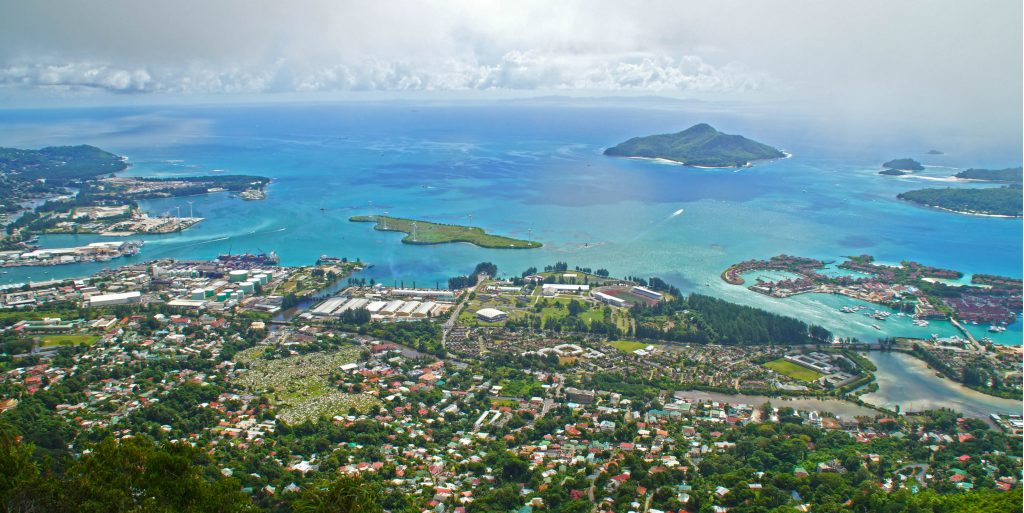
Despite its size, the city is home to around 25,000 inhabitants. At the centre is the Victoria Clocktower, a national monument reflective of London’s Big Ben. Just around the corner sits the Sir Selwyn Selwyn-Clarke Market – a sensuous representation of the city’s culture, characterised by a close and welcoming community.
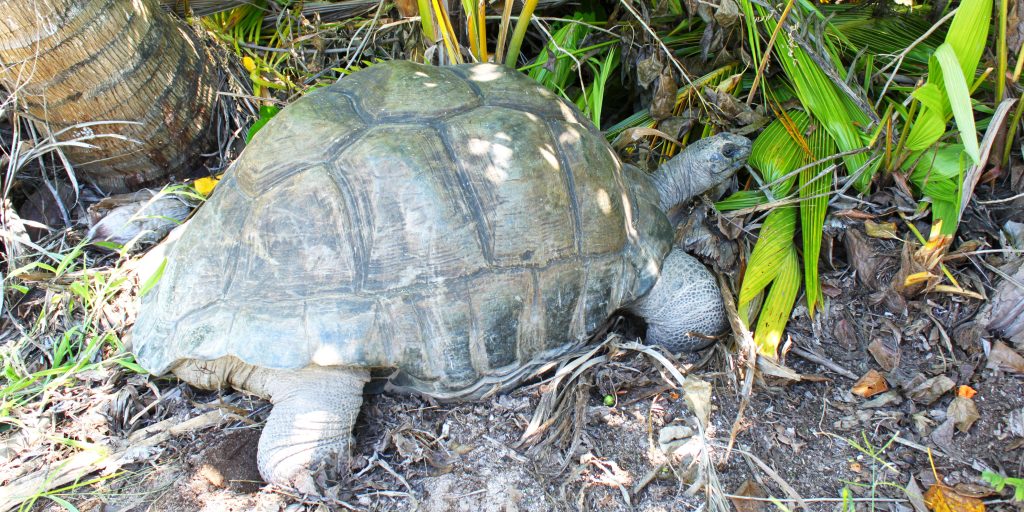
Original photo: “Esmeralda” by Gerwin Sturm is licensed under CC BY-SA 2.0.
Weighing in at over 303 kilograms and aged over 170 years old, Esmeralda is the heaviest and oldest living land tortoise.
He (yes, despite his name!) is one of several Aldabra giant tortoises roaming freely on Bird Island in Seychelles. Esmeralda is so heavy that he made it into the Guinness Book of World Records!
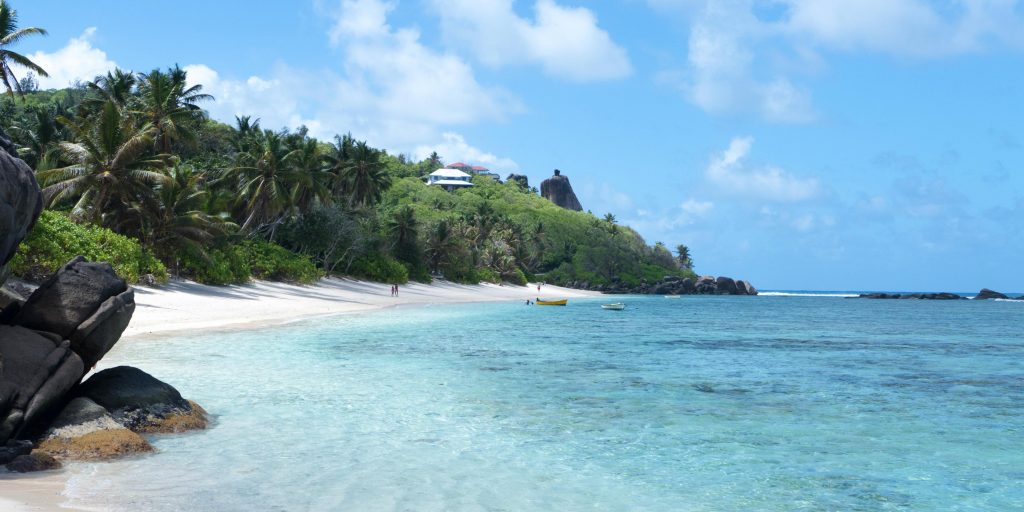
Original photo: “Anse Forbans” by So Seychelles is licensed under CC BY 2.0
On the UNESCO-list Aldabra Atoll – the world’s second-largest atoll – lives a population of over 150,00 giant tortoises. While this might seem like a lot, the Aldabra tortoise is classified as vulnerable. You can join GVI’s conservation efforts to protect the Aldabra turtle by participating in our giant tortoise and biodiversity research program on the uninhabited island of Curieuse.
As a valued member of our research team you will contribute to vital conservation efforts to preserve the Aldabra turtles as well as sicklefin lemon sharks and endangered turtles. While participating in these programs you will enjoy living at a remote research station on one of the world’s most beautiful islands.
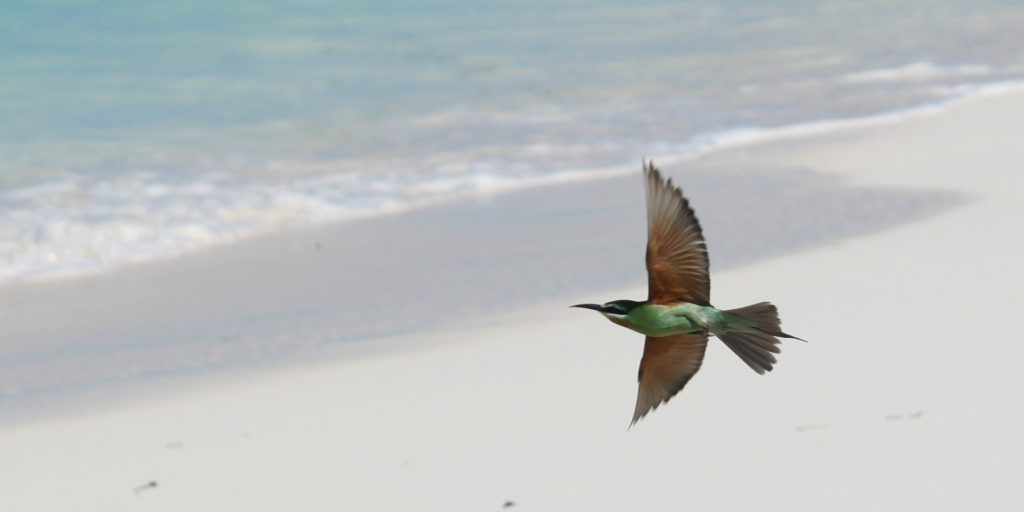
Original photo: “Bee-eater” by Gerwin Sturm is licensed under CC BY-SA 2.0
Another fascinating fact is that this archipelago is renowned for being a bird lovers’ dream destination. It’s home to a diverse selection of rare species that includes sea, land and migrant birds. Among the assortment of colourful birds found on the island, twelve are classified as endemic.
The Seychelles black parrot is the national bird of Seychelles. It is an endangered species with only 1,000 black parrots remaining on earth. Another rare species is the green-tinted Seychelles warbler. In 1968, there were just 26 of these birds left in the wild: living in mangrove trees on Cousin Island. Luckily, conservationists helped bring them back from the brink of extinction and there are now around 3,500 of these dainty songbirds to be seen in Seychelles.
Seychelles is also home to the bare-legged scops owl (or syer in Creole). This owl is so rare it was once thought to have become extinct, but was rediscovered in 1959. You can find it at the Morne Seychellois National Park on Mahe Island.
The jellyfish tree was assumed to be extinct but was rediscovered on Mahe Island in the 1970s. Today, there are less than 100 mature jellyfish trees in existence, all of which are in Seychelles. Efforts to regrow this tree in other parts of the world have been unsuccessful so far. Conservationists in Seychelles are still looking for ways to save this beautiful tree. With GVI, you could also get involved in protecting Seychelles’ natural flora and fauna.
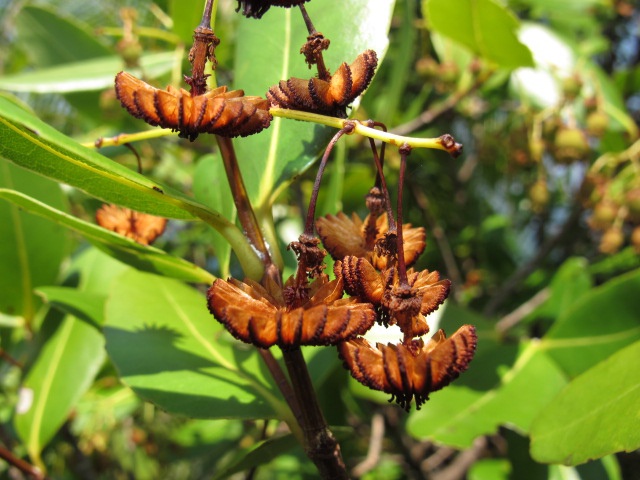
Original photo: “Jellyfish tree” by Christopher Kaiser-Bunbury is licensed under Wikimedia Commons
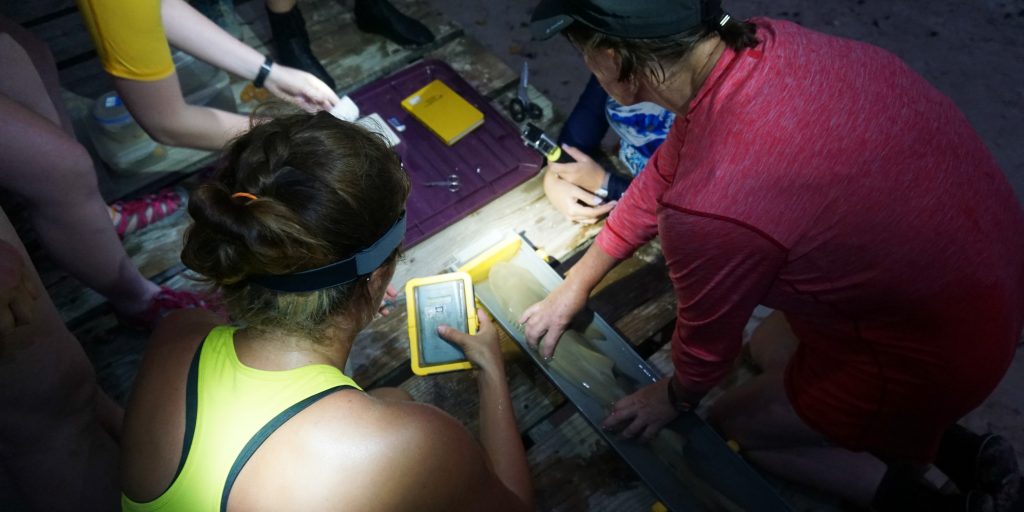
Officially Seychelles is 1.4 million square kilometres. Of that, only 459 square kilometres is actually made of land across the 115 islands. As such, one of the main draws of Seychelles lies beneath the waves. In addition, almost 50% of the land mass is occupied by national parks and reserves. This is in support of the government’s various environment and ecosystem protection and conservation policies.
These are just some of the most fascinating facts about Seychelles. If this article has piqued your interest in Seychelles, why not consider participating in one of GVI’s many international volunteer programs. Not only will it give you the chance to experience this beautiful country, but you’ll also play a role in the innovative conservation work that contributes to the long-term survival of its endangered species– such as the hawksbill turtles and sicklefin lemon sharks, coral and fish, and the unique flora and fauna.
Take a look at GVI’s volunteer programs and internships in Seychelles and get started on learning more fascinating Seychelles facts for yourself.
Original header photo: By Kevin Kyburz and licensed under Unsplash License
From the postcard-perfect Coral Bay to the hidden beauty of Secret Cove, these spots promise stunning photos and unforgettable views.
GVI
Posted: August 29, 2024